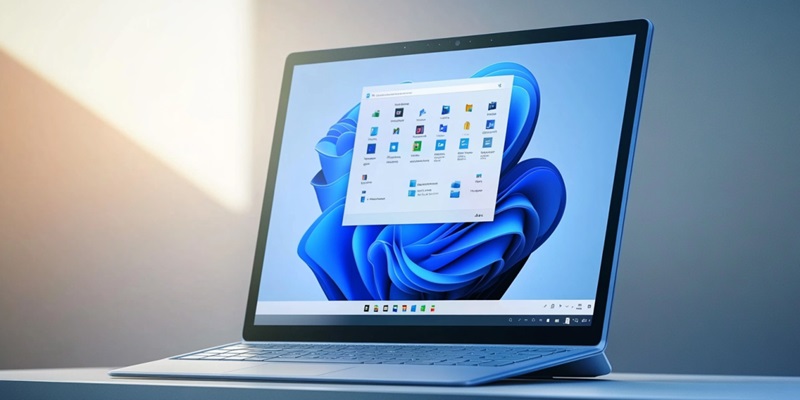In a recent turn of events, Microsoft has been forced to withdraw the KB5043145 update for Windows 11 due to a deluge of critical issues reported by users, including severe system instability, frequent blue and green screens, and perpetual reboot loops. Though the update was initially released as a preview, the flurry of problems it has caused led the company to temporarily halt its distribution. This setback highlights significant underlying problems, as users experienced not only continuous system restarts but also intermittent unresponsiveness. Moreover, complications triggered the Automatic Repair tool or initiated BitLocker recovery sequences, further annoying users encountering these persistent issues. Beyond these glaring concerns, the update also disrupted USB and Bluetooth connectivity, rendering essential peripherals like keyboards, memory sticks, printers, and wireless mice inoperable.
System Failures and Instabilities
Several users reported an immediate increase in system failures following the installation of the KB5043145 update. Blue screens and green screens, typically indicating severe system errors, became a common sight for affected users. Compounding these difficulties were the frequent reboot loops that made it nearly impossible for users to regain control of their systems. In numerous cases, the Automatic Repair tool was activated without solving any issues, adding to user frustration. BitLocker recovery also initiated unexpectedly, leaving many users struggling to retrieve vital data.
This wave of technical issues underscores substantial flaws in the quality control processes at Microsoft. Reports of multiple reboot attempts and recurrent repairs indicate that the update caused fundamental instabilities, further weakening user confidence. Additionally, the repayment of BitLocker recovery, a security feature, installed another layer of complexity for users already coping with system troubles. The urgency of addressing these issues has become widely acknowledged as users voice their displeasure over consistent disruptions to their workflows and system reliability.
USB and Bluetooth Connectivity Problems
One of the more aggravating consequences of the KB5043145 update was a loss of USB and Bluetooth functionality, which severely compromised the use of connected devices. After applying the update, users found that peripherals such as keyboards, memory sticks, printers, and wireless mice became virtually useless. A yellow exclamation mark visible next to the USB Host Controller in the Device Manager signified the malfunction, causing further inconvenience.
The disruption in device connectivity not only affected productivity but also suggested a deeper issue within the update’s integration process. The absence of reliable peripheral support can lead to more serious concerns regarding the overall stability and usability of the operating system. Many users dependent on these peripherals for everyday tasks were left in a lurch, further exemplifying the pressing need for better testing and quality assurance procedures within Microsoft’s update release protocol.
Known Issue Rollback Strategy
Microsoft’s response to the KB5043145 fiasco included initiating a Known Issue Rollback (KIR), a method increasingly used to retract problematic updates. Though KIR was previously a rare contingency, its frequent materialization in recent updates highlights potential systemic issues within Microsoft’s development and quality control workflows. The rollback of the KB5043145 update, despite it being a preview, showcases an opportunity for Microsoft to rectify the bugs before a broader rollout scheduled for the forthcoming Patch Tuesday.
However, the recurring need for KIR indicates proactive steps are required to address quality concerns. As updates play a crucial role in enhancing system security and performance, the instability associated with them can’t be ignored. The influx of failures post-update has cast a shadow over Microsoft’s capability to deliver reliable enhancements, marking a shift in user sentiment from anticipation to wariness. This shift emphasizes an urgent need for Microsoft to refine its update procedures to build and maintain user trust.
The Broader Implications
Disruptions caused by the KB5043145 update have underscored a growing trend where monthly updates are now met with caution rather than eagerness. Previously, Windows updates were anticipated for their potential enhancements and security improvements. However, the stability issues encountered recently have shifted user perceptions, making many wary of possible disruptions.
This broader context suggests a crucial pivot in how Microsoft needs to handle update management moving forward. Addressing these ongoing quality concerns becomes more essential to safeguard user confidence and ensure reliable system performance. As Microsoft continues to investigate the complications linked with the KB5043145 update, the hope remains that future updates will be thoroughly vetted to prevent recurrence of such widespread issues. The recurrent instability and subsequent rollbacks necessitate a transparent, proactive approach to safeguarding against update-related disruptions, ultimately securing user satisfaction.

